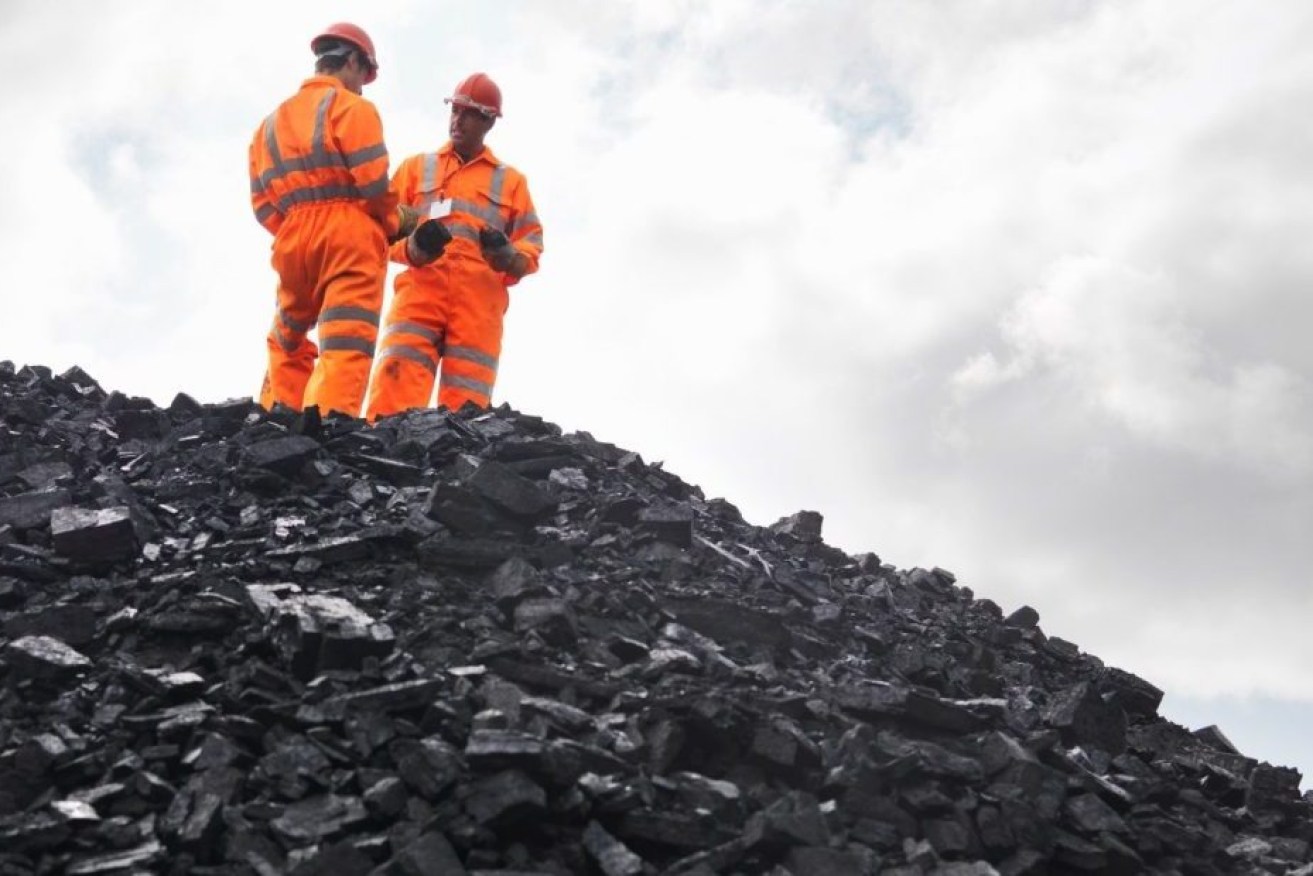Coal prices spike but pressure grows on Australia over emissions ‘loopholes’
Coal prices are booming again with increases of 20 per cent since June, setting up both coal producers and the Queensland Government for a better pay day.

Coal prices have rebounded but pressure grows on emissions (File image: Supplied)
However, there is some doubt about the strength of the market with Chinese steel mill margins close to zero.
Australian hard coking coal prices were back up to $US280/t, while Chinese prices were approaching $US300/t.
In addition, India’s appetite for met coal has been stronger than the analysts’ expected during the monsoon season, due to below average rainfall allowing more construction activity.
While prices remain high, the industry was still under pressure in relation to emissions with a global network of researchers producing a report calling on Australia to stop exporting fossil fuels, end approvals for new coal and gas projects, and cease financial support from federal and state governments to the sector.
Australia also needs to make its emissions reduction policies more effective and dump a framework for allowing exports of emissions for carbon capture and storage, the report said.
A “major loophole” allows polluters to avoid electrification and direct emissions reductions by buying offsets under Australia’s carbon crediting system, meanwhile slow grid connections and red tape are hindering clean energy development.
On a scorecard of Group of 20 (G20) economies, Australia is ranked “low” on the coal phase-out in the power sector compared to “frontrunners” in Europe and a mere “medium” achiever in renewable energy generation.
“We’ve run out of time for excuses,” Climate Transparency Alliance spokesman Gerd Leipold said.
“There are none left given we have all of the solutions we need at all fingertips.”
The acceleration call would end all international, government and private funding of coal, phase out Australia’s coal-fired power plants by 2030 and gas by the mid to late-2030s.
Electricity generation would need to be net zero by 2035, even as experts say Australia is heading for failure on its existing target of 82 per cent renewables by 2030.
Countries investing in clean energy have saved consumers $US110 billion on power bills from 2021 to 2023 through the peak of the energy crisis, the report found.
Dr Leipold said governments needed to get on with investing in new, clean industries and improve the lives of billions of people.
“It’s clear coal is a dead end for the planet and we need to end its use urgently,” he said.
The United States, United Kingdom, European Union and Canada were also called out in the modelling to accelerate to net zero by 2040.
Global coal demand is now at an all-time high, with 8031 million tonnes projected for 2024.
“Despite higher coal consumption to compensate for energy shortages, there should be no investments in a dying industry,” the report said.
The estimated global value of stranded assets – which no one wants to buy – in coal power generation through 2050 is up to $US2.3 trillion, the researchers estimated.
Despite this, G20 governments give nearly $US17 billion per year to other countries for coal mining and coal-fired power plants.
The highest increases in wind and solar in the electricity mix between 2015 and 2022 were recorded in Australia, followed by the UK and Germany, but the greatest increases in absolute terms were in China.












